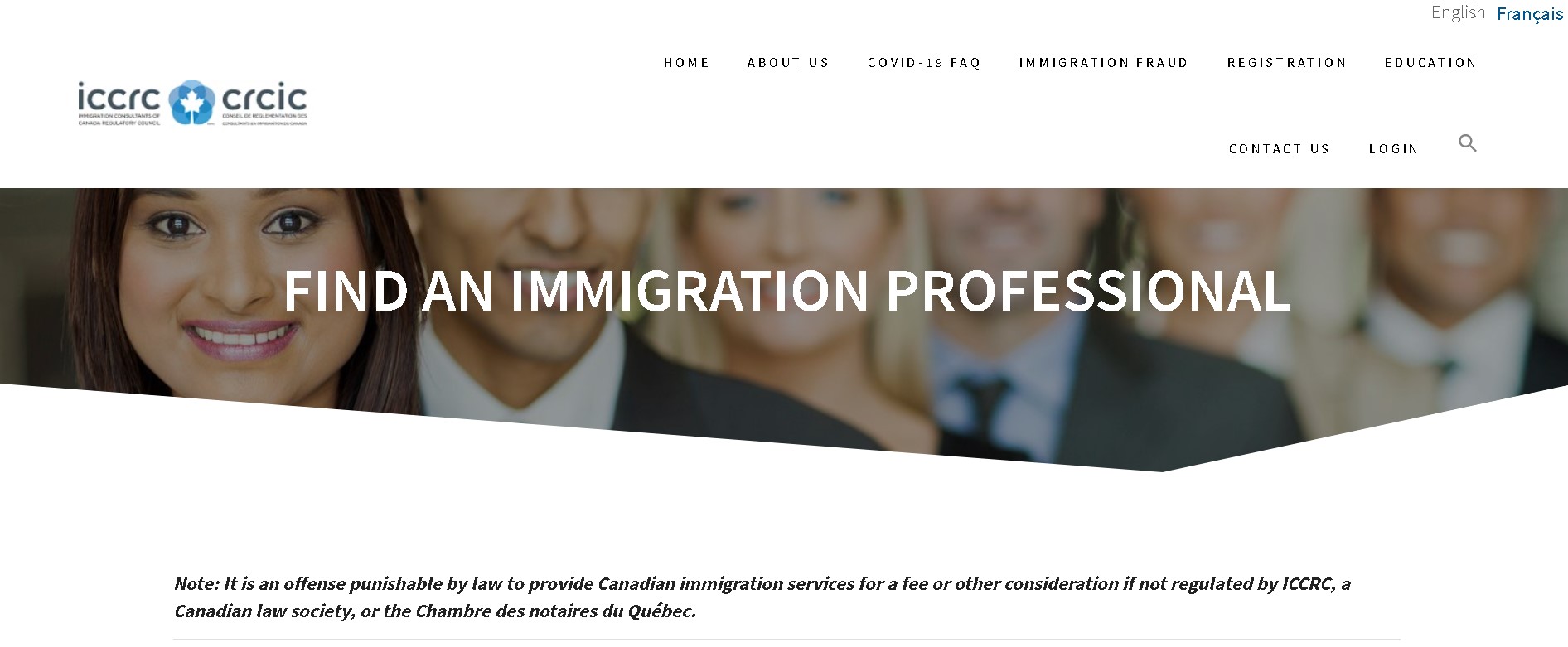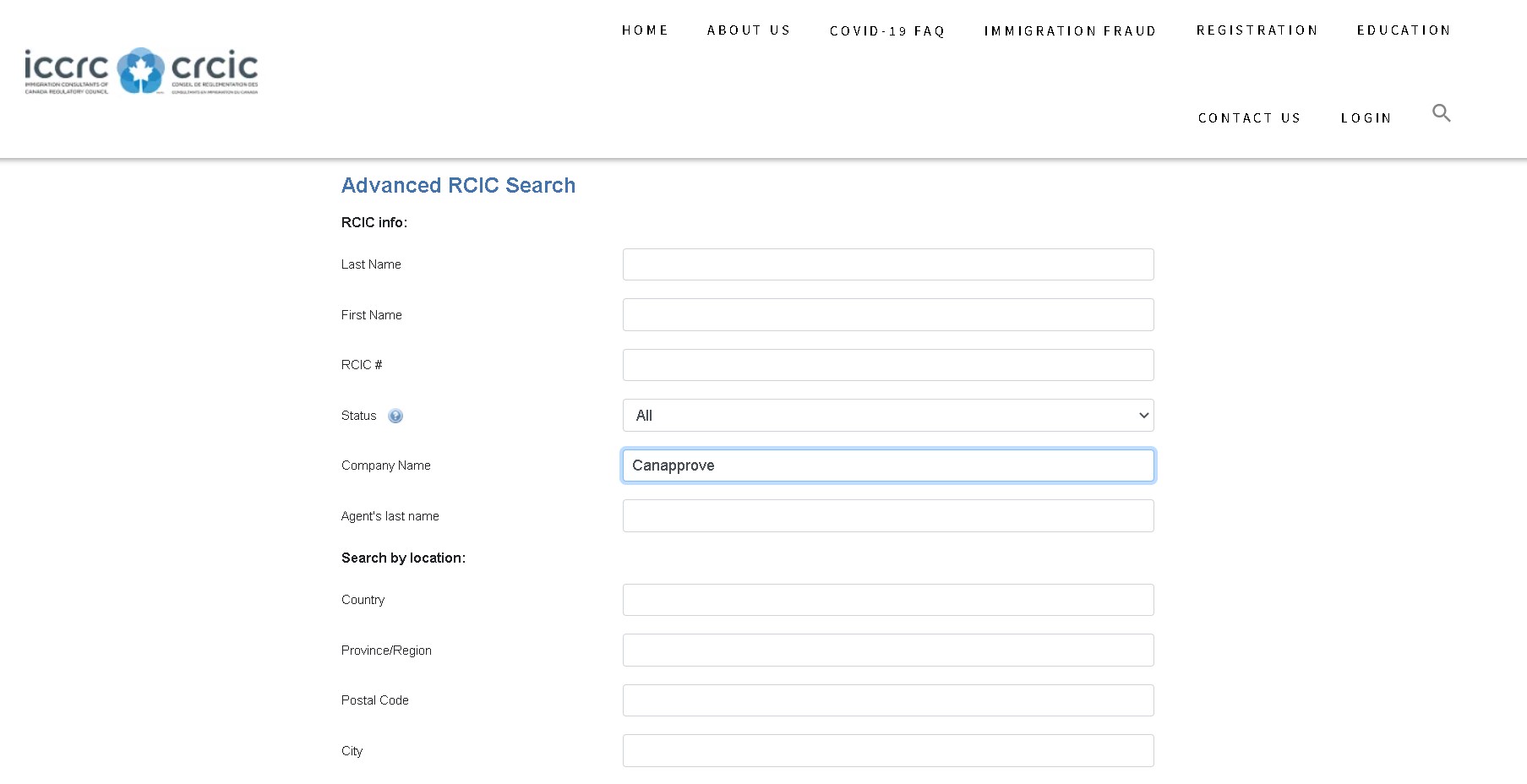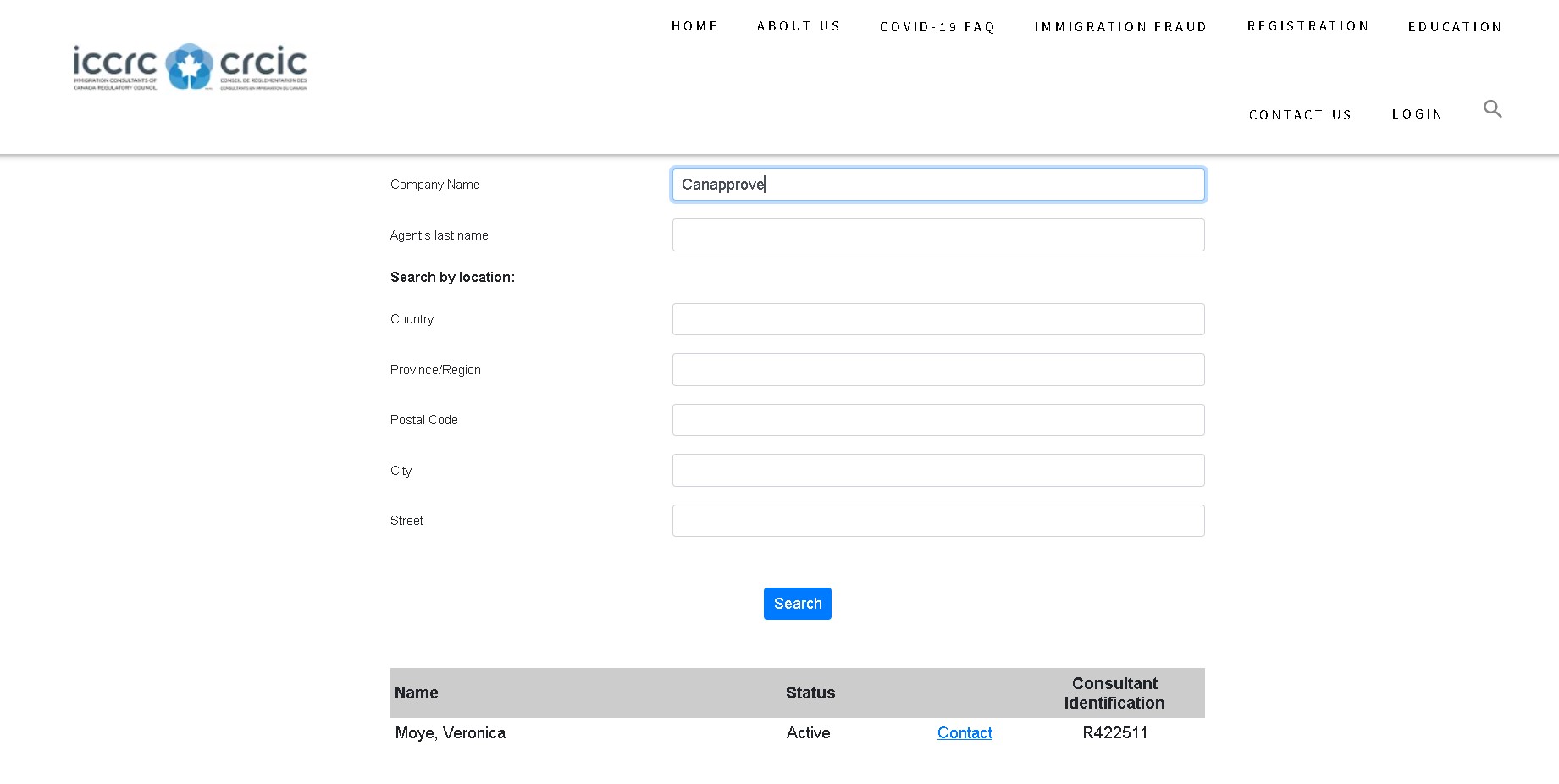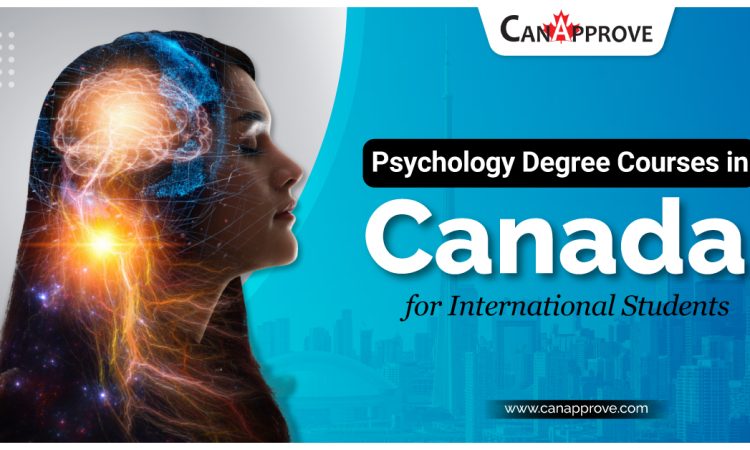There will be plenty of time (if you use it wisely!!) to plan your overseas education and some of the crucial matters are to be looked after when planning to study abroad. Speaking about time we were in the testing times as COVID shattered many dreams and overseas education is not exempt!
Oh! We can’t simply tell the dreams were shattered, maybe it was resisted. Now, the effects of covid are mitigated and we are rolling back slightly towards normalization, working on your overseas education plan now would work out as foreign nations are about to open the gates for international students.
At this time, there are few things to be made as a checklist to start your overseas education process
-
Find what best suits you – country, course and institutions
This is the important part as it is the foundation for your purpose of where you want to study and what you want to study. Scout the after-effects and benefits of your program, the education quality and the pedagogy of the chosen institution, check for the affordability of the institution and the living cost. Make sure your institution is notable and well established as where you study matters the most when it comes to coaching and placements.
Before that….
if you’re freaked out about the first point of choosing the program, institution and country of study, don’t worry. It’s a great idea for you to get zero-cost counselling from the overseas education coordinators of CanApprove.
Either you can visit us or take up a virtual consultation. We also conduct frequent overseas education fairs. You can make use of it so that our professionals will help you figure out what you really want and give the best suggestions to make some important life decisions.
If you want, we can arrange free counselling for you with us
-
Let your application process begin
As covid become the global game-changer, everyone got used to the unusuality. Many international institutions have extended the application submission timelines and some even called off the intakes.
Now as the pandemic subsides, you can start your application process with the hope of flying abroad for the upcoming intake. Meanwhile, the governments will relax the travel restrictions of the countries. Fingers crossed. Let’s hope for the best.
-
Make sure you don’t have any standing backlogs
Do backlogs matter the most while planning overseas education? It’s big chaos for many of you. Make sure you have all your backlogs cleared before taking up your higher education to avoid problems in the eleventh hour.
-
Get ready to take up IELTS
Make preparations for IELTS. Exploit this time to hone your reading, writing, listening and speaking skills to score high. We offer IELTS preparation tools for you with which you can practice and take up mock tests.
-
SOP – crucial
On the overall process, this might be slightly a hard nut crack (but not if you are aware of what and how to do it). Statement of Purpose is used to express your motivation to study in a particular institution in a country and also it is used to evaluate your candidacy by the institution and the overseas education council. Take time, list out all your interests, goals, both short and long term, hobbies and experience and compile a professional copy to submit to the visa officer and the institution.
-
Make sure you have sufficient funds
Last but not least! Money really matters here. Savings, loans, scholarships any source it might be, but there should be proof of funds for your tuition and student life abroad. Applying for scholarships might minimize your burden of spending more.
You should be concerned about all your expenses along with tuition fees throughout the study period like stationery, travel, food and accommodation, etc.., So, make your finances ready and that’s almost all it takes to have a successful overseas education visa processing.
CanApprove has been helping overseas education aspirants for years now! Our education coordinators will guide you throughout the process and you need not worry about any complexities. Connect with us now and begin your overseas education process.
Hope this blog helped you. Thanks for reading!! Stay in touch with CanApprove for more updates.















